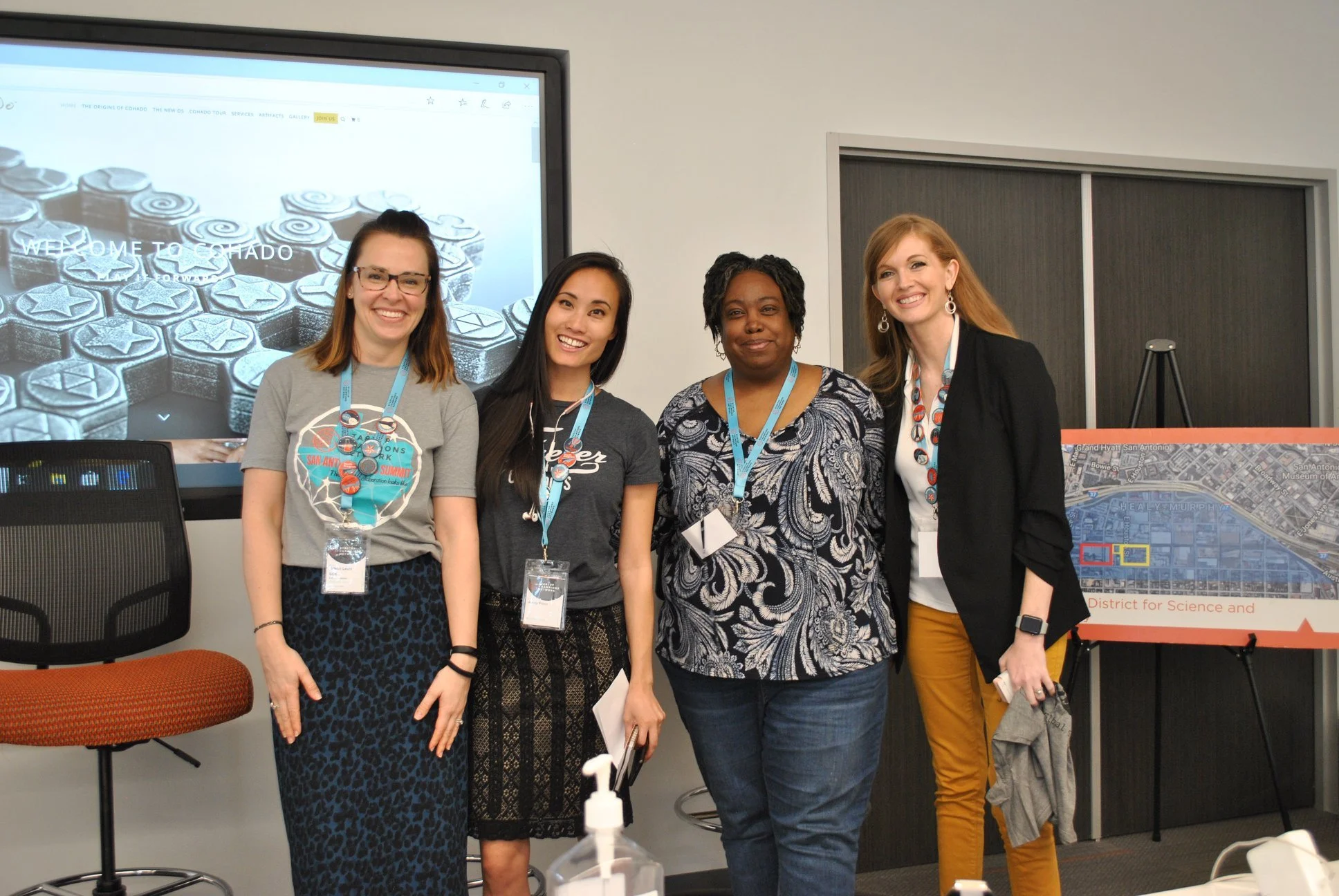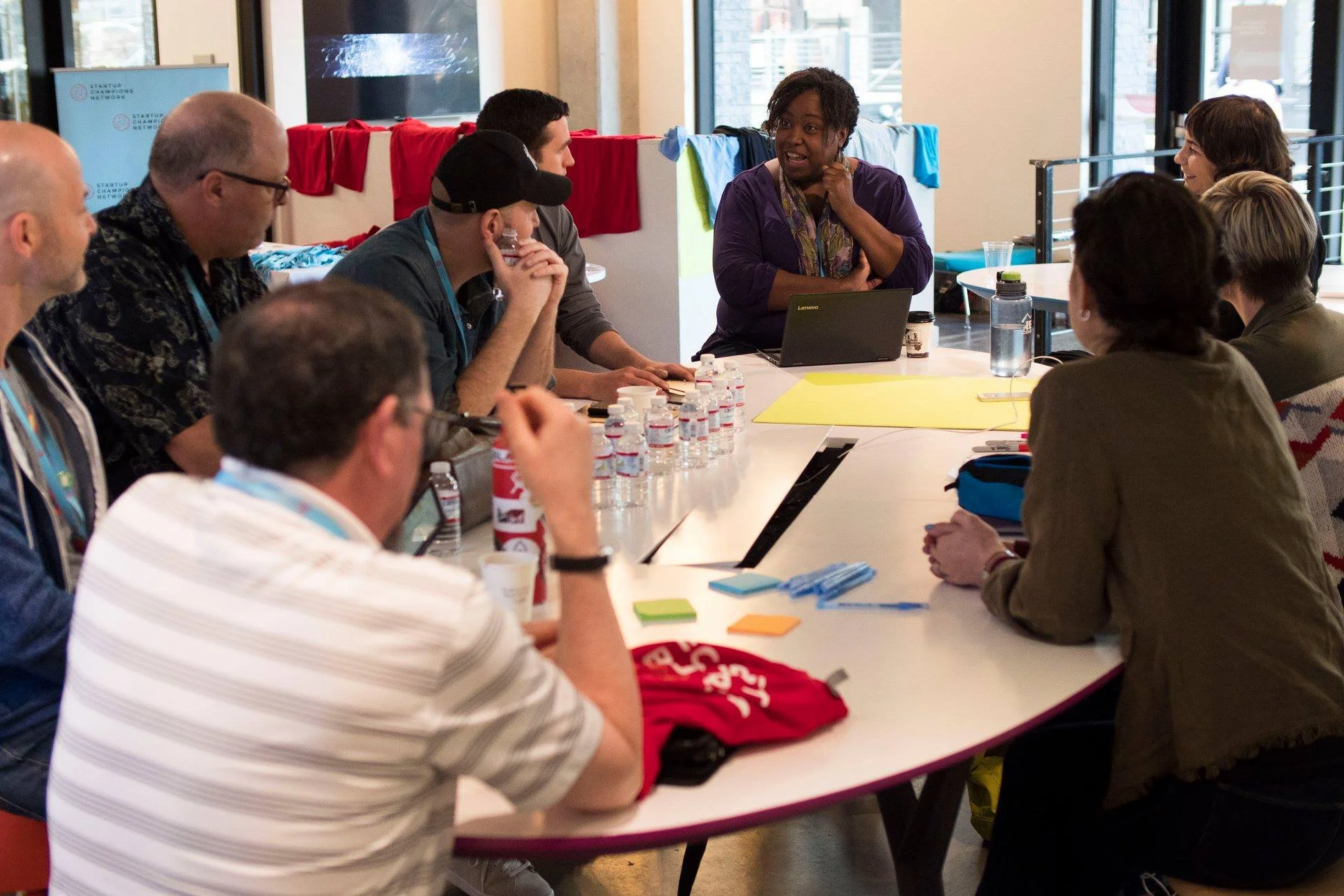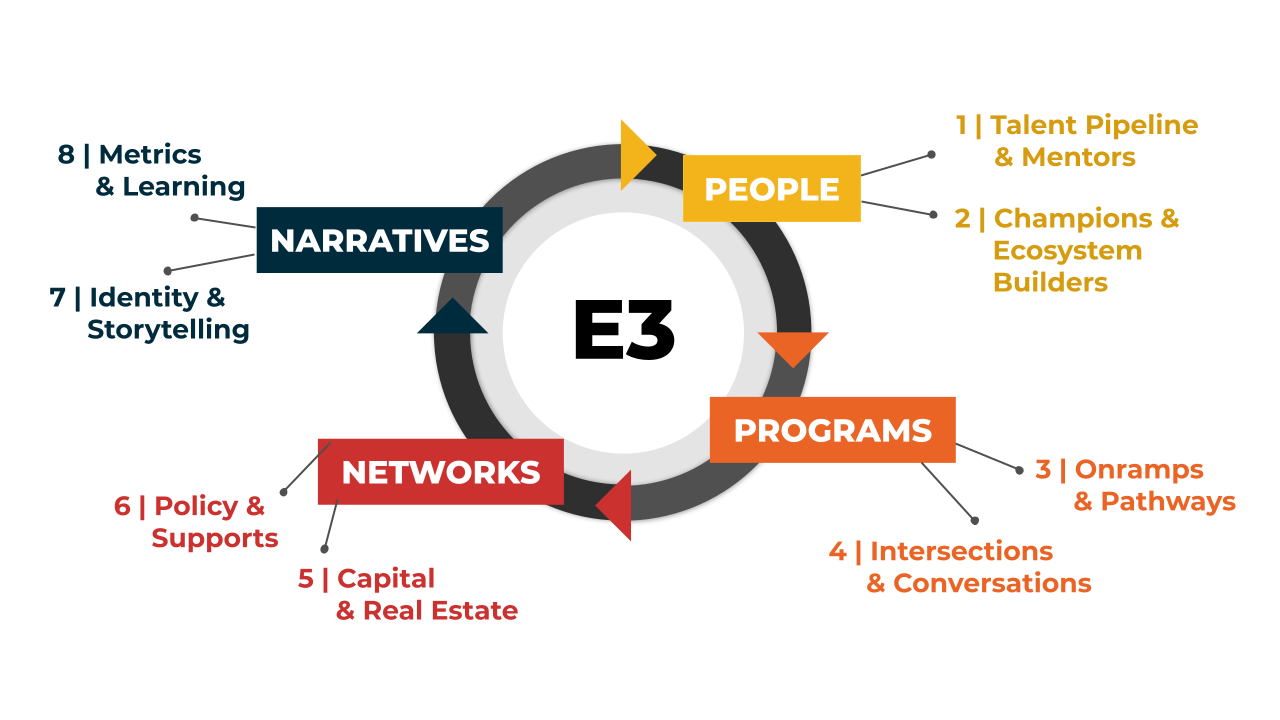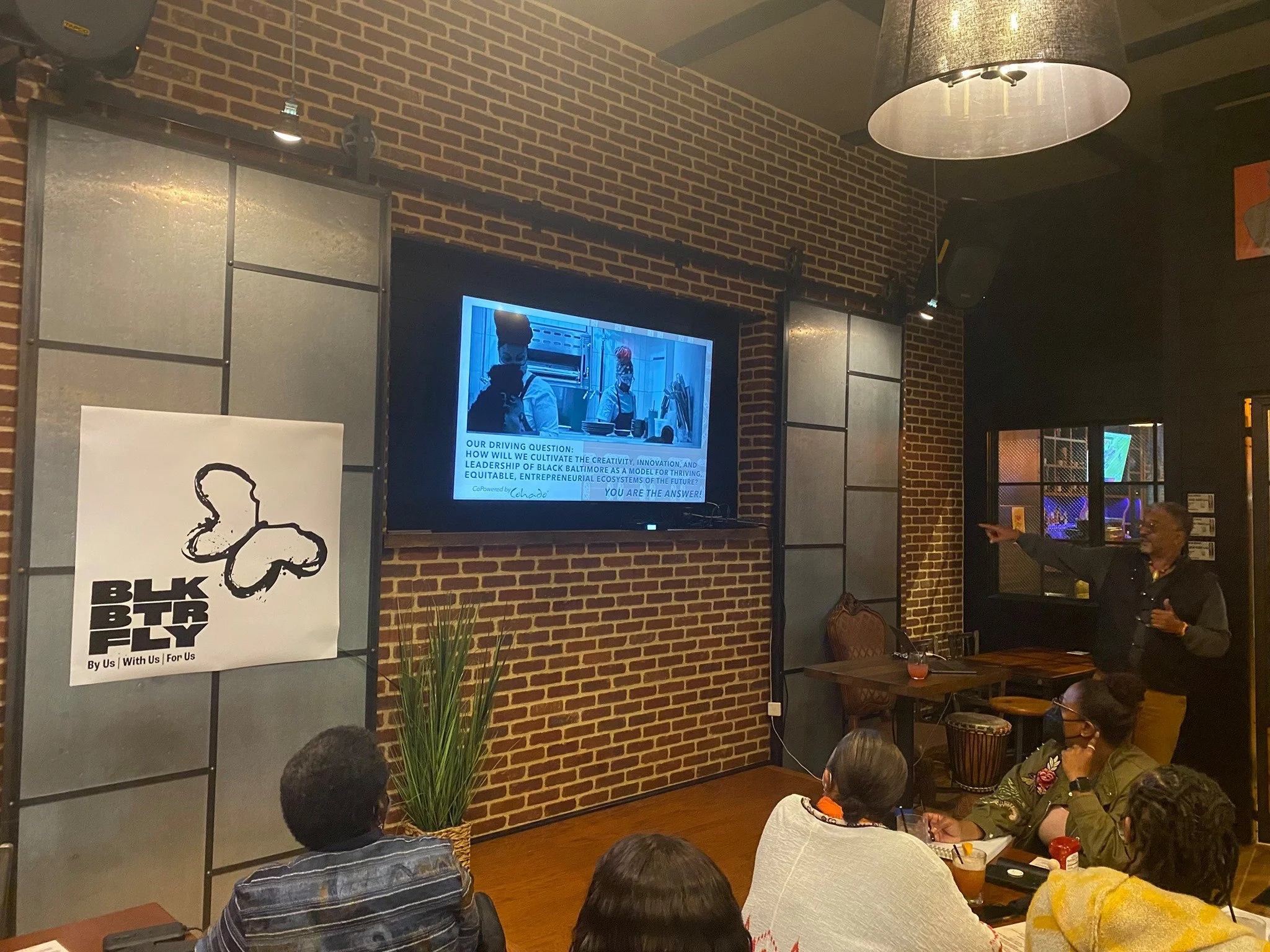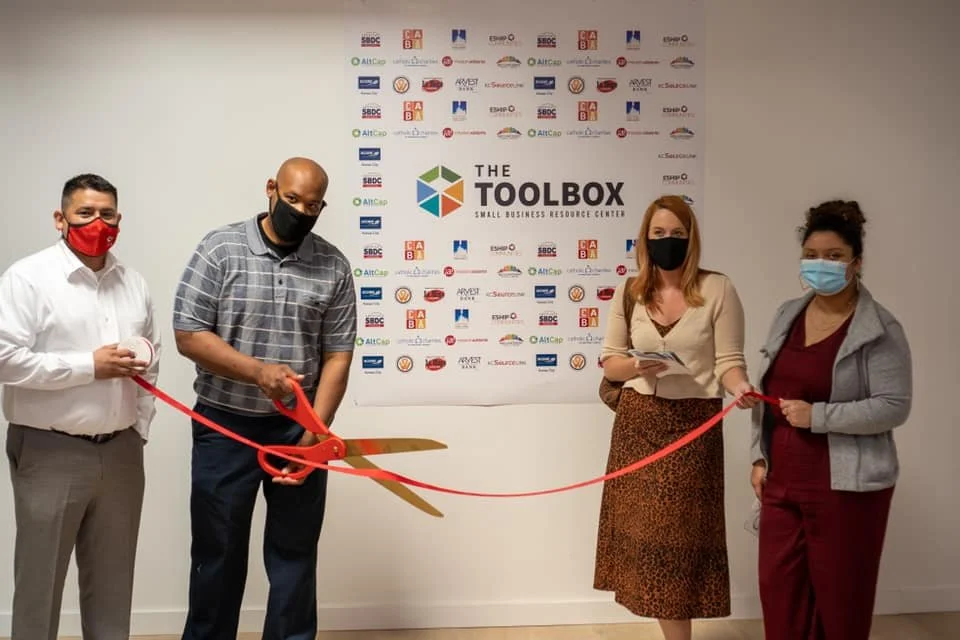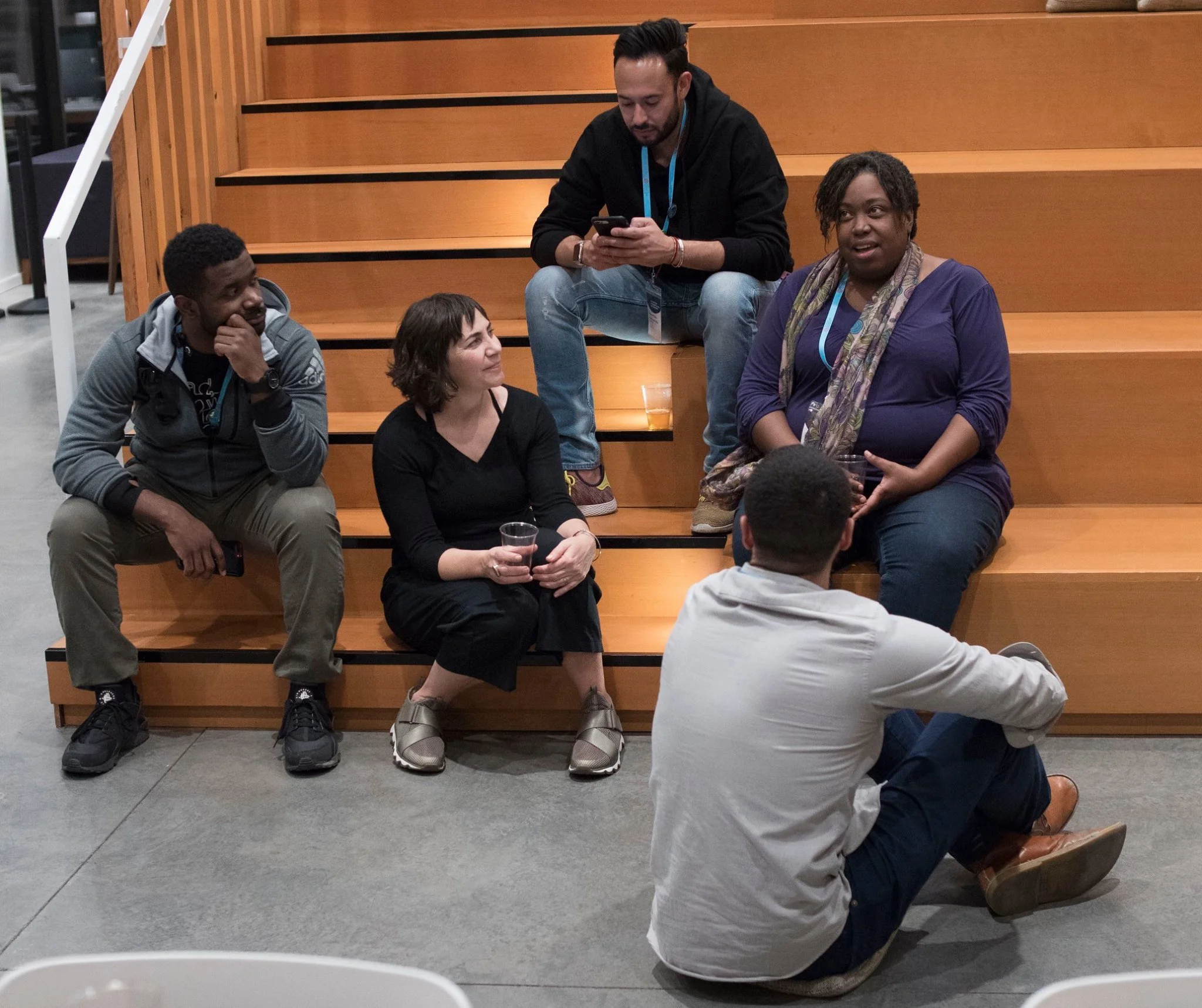When Fay Horwitt, President of Forward Cities, past Board Vice Chair of Startup Champions Network, and Metrics Committee member raised her hand to host the Summit in her hometown of Durham, North Carolina, we were ecstatic. Fay is a dynamic and passionate leader who is thoughtful about equity and inclusion in everything she does. Her home is also home to one of America’s historic Black Wall Streets, where Black leaders have emerged and grown for centuries.
As we prepare to descend on the Triangle region of North Carolina for our Spring Ecosystem Builder Summit, we’re putting a spotlight on Summit Host Fay Horwitt and her work at Forward Cities.
Her path to Ecosystem Building
Like most ecosystem builders, Fay’s path came out of seeing the many gaps and obstacles that lied in the way for historically excluded founders. While working for the YWCA in Oahu, Hawaii as the Director of Programming, she began to design programs to support women entrepreneurs, which transitioned into supporting underrepresented entrepreneurs of all kinds.
“While doing that work, I became aware that many of the challenges facing them were not deficits of their own, but of a system that was not designed and/or inclined to serve them. That’s when I realized that someone needed to fill those gaps. I didn’t know it at the time, but that is what ecosystem builders do,” Fay says.
Upon returning to North Carolina, she had dreams of starting a business focused on high-touch marketing services for women founders, which led her to her first Startup Weekend.
“I pitched my ‘women’s marketing company’ idea among all these white tech startups; my idea was not picked. Shocking, I know. I was about to leave the event but something inside me was so intrigued by this new-to-me world of startups that I took my hand off the doorknob, turned around, and rejoined my team. Throughout the weekend, although it was an energizing and inspiring experience, I also realized that it was not at all designed with mothers or working parents in mind, let alone people of color. But it reinforced the need for my original business idea. The owner of the coworking space that was hosting the weekend heard my pitch and invited me to join his space for a year in exchange for helping him grow a more diverse community, which I happily accepted. And before I knew it, I had launched an initiative (InovateHER) to support and train women entrepreneurs,” explains Fay.
Fast forward a few years and experiences as an ecosystem builder. Fay is now the President and CEO of Forward Cities, a nonprofit dedicated to helping communities increase their capacity to assess and increase the health of their ecosystem over time, with a focus on access, belonging, inclusion, diversity, and equity.
Just like Startup Weekend was the catalyst for Fay’s ecosystem building career, Forward Cities acts as a catalyst for building equitable entrepreneurial ecosystems. As an “Ecosystem Healer,” Fay has a lot of knowledge to share.
Trust before Change: The Forward Cities Approach
Forward Cities has been working in communities with ecosystem leaders across the country since 2014.
“We see ourselves as the catalyst. We are not the builder, we are equipping a local community to do that trust building and connecting,” explains Fay.
One of the most important things Fay has learned over the years is that trust and relationship building should be placed at the forefront. A common misstep when trying to build a more equitable ecosystem is to start from the mindset of “figuring out what’s wrong” - a very extractive and deficit-based approach.
“It’s really important that you build relationships and trust first. It’s also important to identify the assets of the community. Identifying community assets and defining who they are helps them see their own value which, in turn, makes them more receptive to acknowledging what is not working so they can actively address it. ,” Fay explains.
Common assets and strengths Fay sees across communities are increasingly affordable real estate, dedicated ecosystem builders, and resilient leaders of color.
“We often see a lot of strong, BIPOC leaders who are leaning in to support the demographics they serve and a lot of adaptability in those leaders - particularly over the last couple of years. Community leaders and entrepreneurial champions have been working overtime to compensate for the challenges of the pandemic and the impact on entrepreneurs.
We also see there is a willingness to have hard conversations - by most - and an ability to be able to identify and articulate where the challenges lie. These are all important factors in sustainable systems change,” says Fay.
Common ecosystem obstacles Fay sees for entrepreneurs include skills, aptitude, and resource gaps. For “equippers” (entrepreneurial support organizations) they often see obstacles wrapped around cultural competence, financial sustainability, and lack of understanding for the needs of BIPOC entrepreneurs. At the ecosystem level, they often see a lack of trust between BIPOC entrepreneurs and larger ESOs and institutions particularly not led by persons of color; obstacles related to organizations misaligned in efforts, duplicating efforts, and sometimes damaging power dynamics.
Trust is a contributing factor in all of these obstacles.
“We also see a focus on program vs. relationships - a feeling or sense that a program can fix what’s broken in an ecosystem. It takes so much more than that,” Fay adds.
Measuring Success
Metrics are a big part of what Forward Cities does to address systems change when they work in communities.
“You don’t know if you’re actually having an impact or if something is changing unless you can measure it,” says Fay.
Their Research and Evaluation team is very integral to their work. The team uses a set of surveys for different players in the ecosystem.
Their E3 Scorecard is a perception based assessment that a group of ecosystem stakeholders can take together to spark conversation about what’s working and what's not working and help them - along with the more hard data to do some sensemaking and set goals for how they want to make some changes.
For entrepreneurs, they focus on attitudes and perceptions of their experience: Who are they engaging with and how? Do they feel their needs are being met? Do service providers understand their needs?
For ESOs they look at how connected they are to the network: Do they know about other organizations and what they do? Are they making referrals and collaborating? Is there trust between other organizations?
For the ecosystem holistically: What are the assets in the ecosystem when it comes to people, programs, networks, and narratives?
All of this is scored and acts as a tool the community can use to benchmark themselves from year to year.
“On the backend, we are always evaluating the full engagements and pilots so we can share the impact with the community leaders. It also helps us inform a portfolio of recommendations for where they might go next,” says Fay.
ESHIP Communities
Some of the great work Forward Cities has done can be seen within the ESHIP Communities they’ve been working on in collaboration with Kauffman Foundation for the past four years. ESHIP Communities was born out of the desire to codify ecosystem processes and practices that can be repeated. One of those success stories is Black Butterfly Network out of ESHIP Baltimore, led by SCN Board Member and ICU Committee Chair Paulo Gregory. The Black Butterfly Network exists to put wind under the wings of Black business owners across Baltimore with free resources, training, educational materials, one-on-one support, and a growing business directory to easily find and patronize Black businesses in Baltimore. The effort is also strengthened by a digital community platform designed by SCN members from EcoMap. Read the case study here.
In Kansas City, Forward Cities partnered with Ecosystem Builder Gabe Muñez, who worked for the Hispanic Chamber of Commerce for 12 years and had already done a ton of work building an inclusive entrepreneurial ecosystem.
“The most important thing is to have a local person on the ground who is a trusted ecosystem builder and is a boundary spanner so that they already have touchpoints at the treetops with the organizational leaders, ESOs, and entrepreneurs - particularly from an equity lens. The goal is to empower them and build their capacity to work together so they get more funding and are able to sustain the work. Over time, through Gabe, he was able to win trust, we were able to provide him with capacity, and at the end of the engagement, all of that work we led together, now has formed a new organization called The Toolbox in Kansas City. This brick-and-mortar location is where Gabe and his partners from different organizations access the ecosystem to directly serve entrepreneurs. The board is made up of many of the people who were on our council from the ESHIP engagement.” Read more about it here.
Accomplishments and advice
As a Black belt ecosystem healer, Fay is most proud of the relationships she’s built with other
ecosystem builders.
“In my past, I have been very much of a loner in this work. I’m proud that I’ve grown so much over the past 4 years or so. I believe it’s directly a result of all of the ecosystem builders I’ve met. We’ve been feeding each other. It’s new to me to be able to lean into that, but it has been the most rewarding experience of my professional career.” shares Fay.
Her advice to new ecosystem builders? Practice deep listening.
“The most important advice I would give to any ecosystem builder, whether they are new or have been doing it for years, is to practice deep listening. People, organizations, and communities will tell you what they need - either directly or indirectly through their words, actions, and reactions. Ecosystem builders need to develop the ability to deeply listen so that whatever actions we are taking on behalf of and with our stakeholders is truly meeting their felt and real needs,” says Fay.
Why are you part of SCN?
“It’s a space where I feel I can be my full self with people that I trust. Leading an organization with the mission we do and all the work we do around the country can be a heavy lift. Having a safe place to disconnect and lean into learning with other folks feeds my soul.”
You can connect with Fay and learn more about her work at the Spring Summit in The Triangle, North Carolina where Fay is most excited about showing off her hometown through the racial equity lens. Learn more here.

